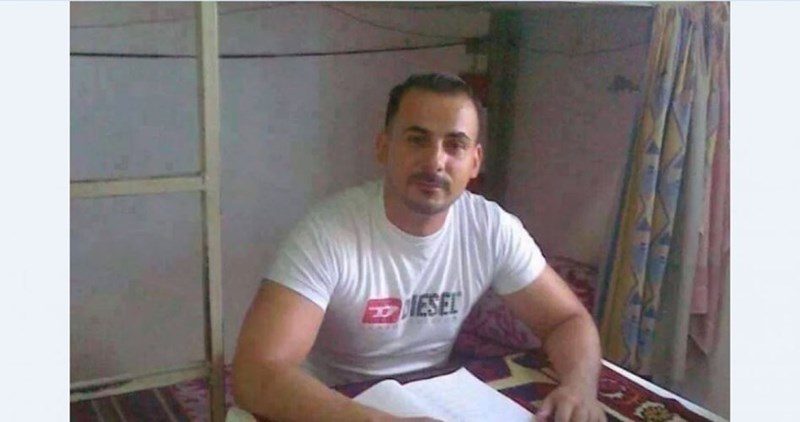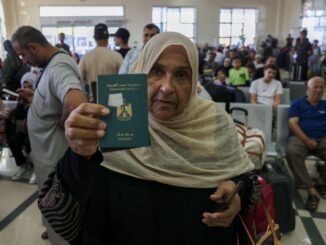
The Israeli authorities transferred the Palestinian hunger-striker Bilal Kayed to the Soroka hospital, in Beer Sheba, after his health has taken a serious turn for the worse, who has been on hunger strike for 30 days.
The Palestinian Committee of Prisoners’ Affairs said in a statement that Kayid had been transferred to a hospital after his health critically deteriorated on Thursday.
Addameer added that Kayid was rushed to a hospital twice on Tuesday night for an electrocardiogram and was taken back to prison afterwards.
Kayid, a member of the Popular Front for the Liberation of Palestine (PFLP), has been on hunger strike for at least 26 days in protest of being placed in administrative detention — the controversial Israeli policy internment without trial or charges under undisclosed evidence — by Israel on the day he was scheduled to be released from serving more than 14 years in prison.
The native of the town of Asira al-Shamaliya in the northern occupied West Bank district of Nablus was originally detained in 2002 for alleged involvement in the Abu Ali Mustafa Brigades — the armed wing of the PFLP.
The Committee of Prisoners’ Affairs reported that tensions rose in Israeli prisons, as PFLP prisoners decided to return their meals in solidarity with Kayid.
The Sawt al-Asra radio said prisoners affiliated with the Popular Front for the Liberation of Palestine (PFLP) decided to go on a hunger strike for a couple of days in solidarity with Kayed. In response to the move, the Israeli prison administration seized all electric kit from prison cells and imposed a fine of 600 shekels on the detainees.
Meanwhile, the Palestinian Prisoners Society (PPS) called for mass participation in the online campaign to be launched on Thursday in solidarity with Kayed.
PPS lawyers said following prison visits that 300 PFLP detainees vowed to continue their protest moves in support for hunger-striker Kayed, who has been starving for the 30th day running in protest at his administrative detention. A number of PFLP detainees have also been returning meals. 35-year-old Kayed, from northern Nablus, was kidnapped by the Israeli occupation forces in 2002 on charges of membership in the armed wing of the Popular Front for the Liberation of Palestine and involvement in anti-occupation activism. The Israeli occupation authorities held him in administrative detention, with neither charge nor trial, right after he had ended a 14-year-sentence in Israeli jails.
On Sunday, Kayid said that he had offered a deal to Israel, offering to end his hunger strike if Israel agreed to free him after serving four more months of administrative detention. Kayid additionally requested that the IPS end his solitary confinement and allow his family members to visit him.
Rights groups have claimed that Israel’s administrative detention policy has been used as an attempt to disrupt Palestinian political processes, notably targeting Palestinian politicians, activists, and journalists.
Although Israeli authorities claim the withholding of evidence during administrative detention is essential for state security concerns, rights groups have instead claimed the policy allows Israeli authorities to hold Palestinians for an indefinite period of time without showing any evidence that could justify their detentions.
Israel considers the majority of Palestinian political parties to be “terrorist organizations.” As a result, most Palestinians who participate in the political arena in the occupied Palestinian territory risk being imprisoned by Israeli authorities.
According to Addameer, there are currently 7,000 Palestinians held in Israeli prisons, 715 of whom are held under Israel’s policy of administrative detention.



